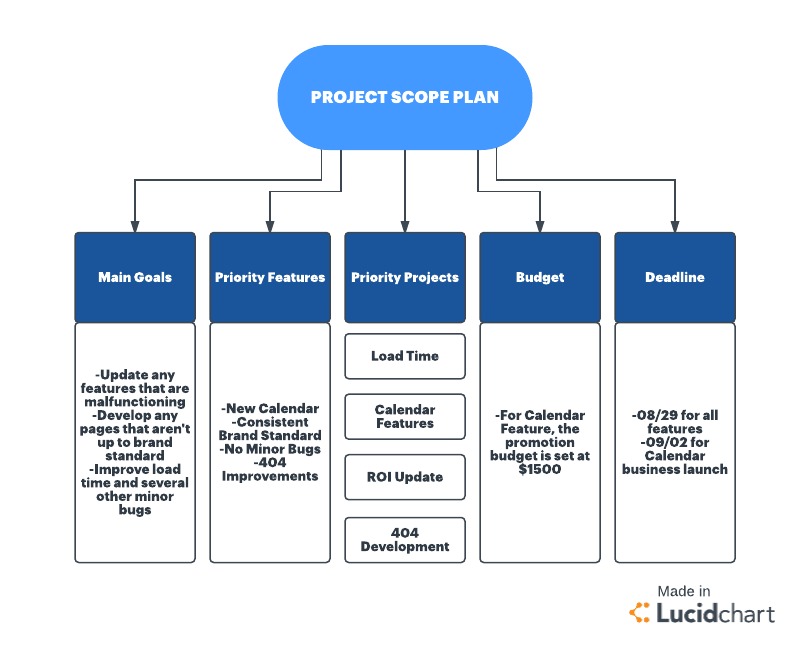
Both try and establish a robust project plan, create communication logistics, regular reviews of the project, and manage schedule, cost, and resources. In a nutshell, the concepts in both PMBoK and Six Sigma Green Belt Certification have many things in common.

And this PMBoK is extensively used in various industry verticals across the globe. Practitioners are awarded “belts” based on their level of expertise in a similar fashion as the marital arts, progressing from yellow belt to green belt to black belt.In today’s service-based environment, where everything and anything is a project, the Project Management Body of Knowledge PMBOK ® has become one of the accepted standards in an organization. While an education in Six Sigma can be acquired through courses at a variety of institutions, specific certification in Six Sigma (and/or Lean Six Sigma) methodology are provided by organizations such as ASQ, the Council for Six Sigma Certification, and the International Association for Six Sigma Certification (IASSC). Industries that employ Six Sigma professionals include manufacturing, construction, mining, design, and agriculture, and typical roles using these skills are found in project management, operations management, and supply chain management. Chevron Right What kinds of careers can I pursue with an education in Six Sigma?īecause Six Sigma techniques can be applied in any business that require a high level of process control and efficiency, an education in this methodology is a gateway to a wide range of careers.In practice, these techniques are often interrelated and complement each other, as both work towards the goal of delivering the highest level of quality at the lowest cost. Lean methods of process improvement are closely related to Six Sigma, and in fact are sometimes combined as “Lean Six Sigma.” While both methodologies rely on statistics-driven approaches to quality management, lean approaches focus on eliminating waste and non-value added processes, in contrast to the traditional Six Sigma emphasis on reducing variation and improving control. While there can be some differences in specific implementations of these techniques, a particularly emblematic and widely shared methodology used by virtually all Six Sigma professionals is the process known as the “DMAIC” cycle: define, measure, analyze, improve, and control. six total standard deviations) from the center line in a control chart.Īs this name and definition suggest, Six Sigma methodology places a strong emphasis on statistics and rigorous data analysis.
#6 SIGMA PROJECT MANAGEMENT PLUS#
“Sigma” refers to standard deviations, or the variance of a set of data from its mean, and “six sigma” processes result in plus or minus three standard deviations (i.e. It is defined by the American Society for Quality (ASQ) as “a method that provides organizations tools to improve the capability of their business processes” by reducing variation in output and improving performance and profitability.

Six Sigma is a process improvement methodology that is important for quality management across a wide range of industries.

#6 SIGMA PROJECT MANAGEMENT SOFTWARE#
Skills you'll gain: Leadership and Management, Entrepreneurship, Strategy and Operations, Probability & Statistics, Business Analysis, Mathematics, General Statistics, Human Resources, Business Psychology, Operations Management, Marketing, Sales, Strategy, Project Management, Supply Chain and Logistics, Organizational Development, Training, Planning, Business Process Management, Performance Management, Statistical Tests, Calculus, Probability Distribution, Research and Design, Data Analysis, Conflict Management, Design and Product, Experiment, Problem Solving, Operational Analysis, Process Analysis, Communication, Leadership Development, Customer Analysis, Product Management, Change Management, Finance, Market Research, Risk Management, Statistical Analysis, Computer Programming, Product Design, Programming Principles, Software Engineering, Software Testing, Accounting, Business Communication, Correlation And Dependence, Cost Accounting, Data Management, Data Warehousing, Differential Equations, Market Analysis, People Management, Product Lifecycle, Regression, Resilience, Culture


 0 kommentar(er)
0 kommentar(er)
